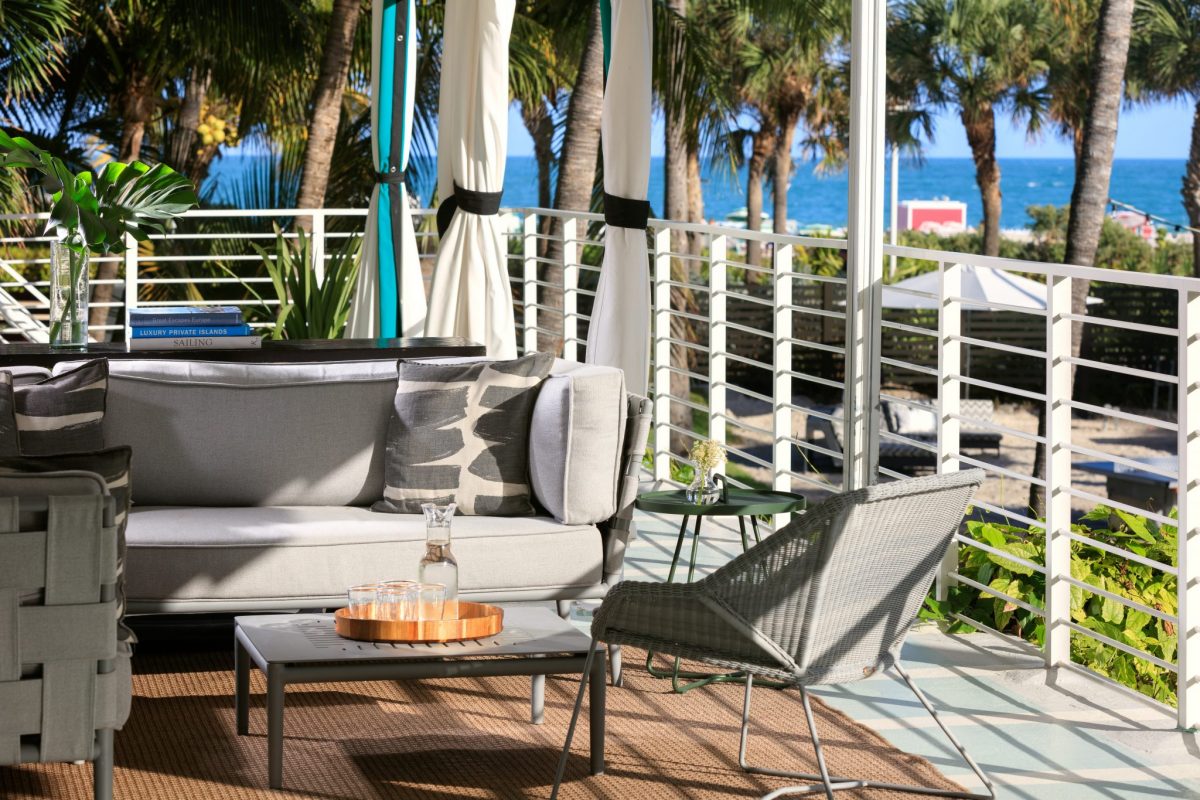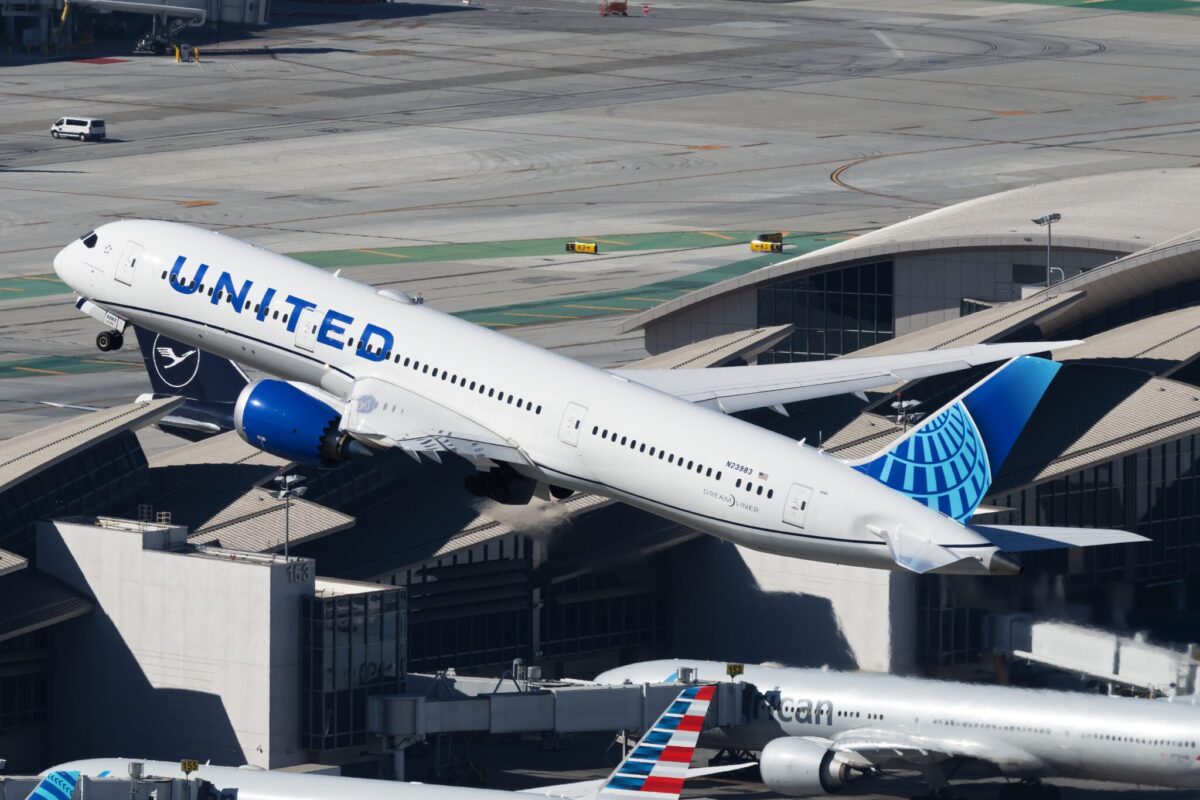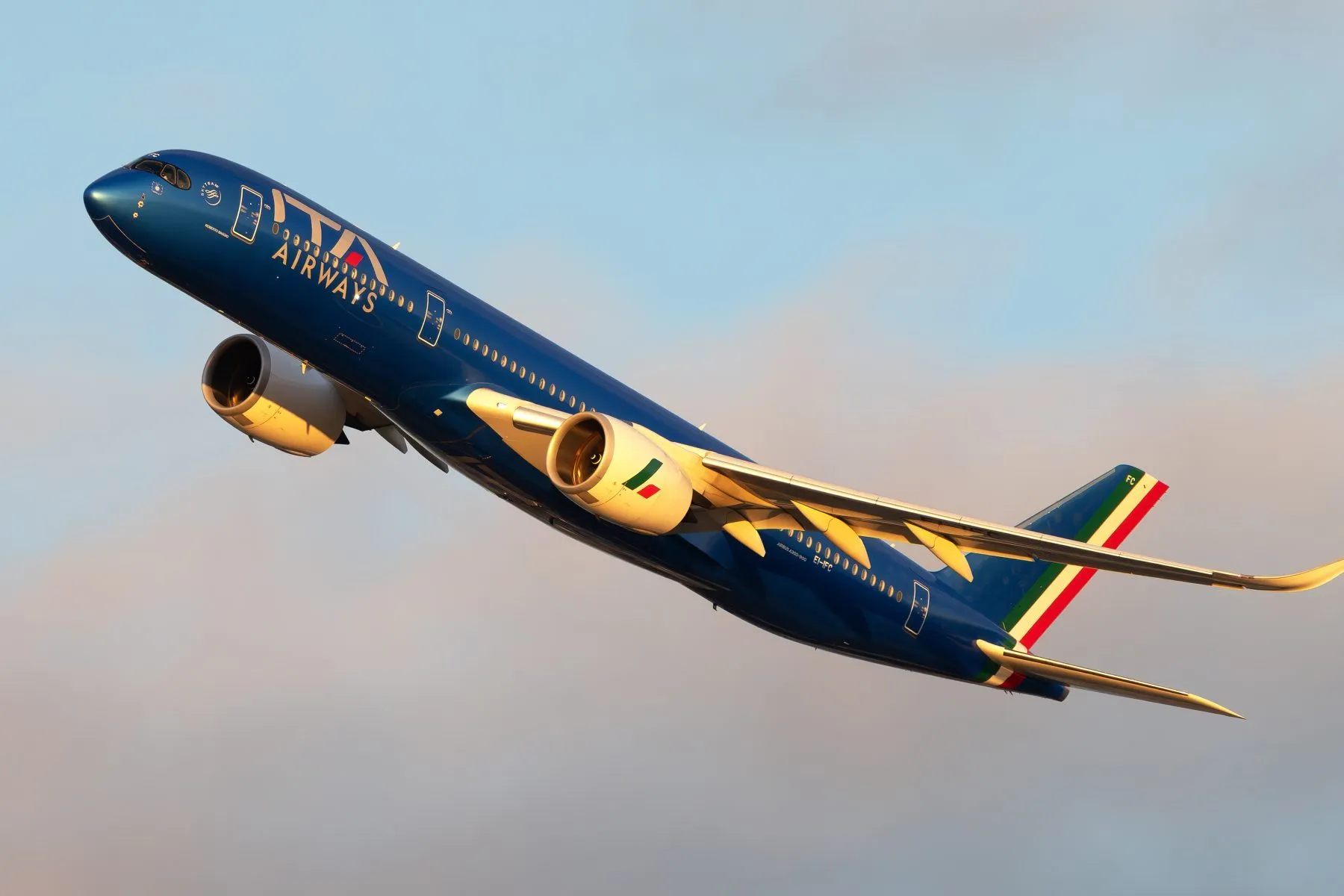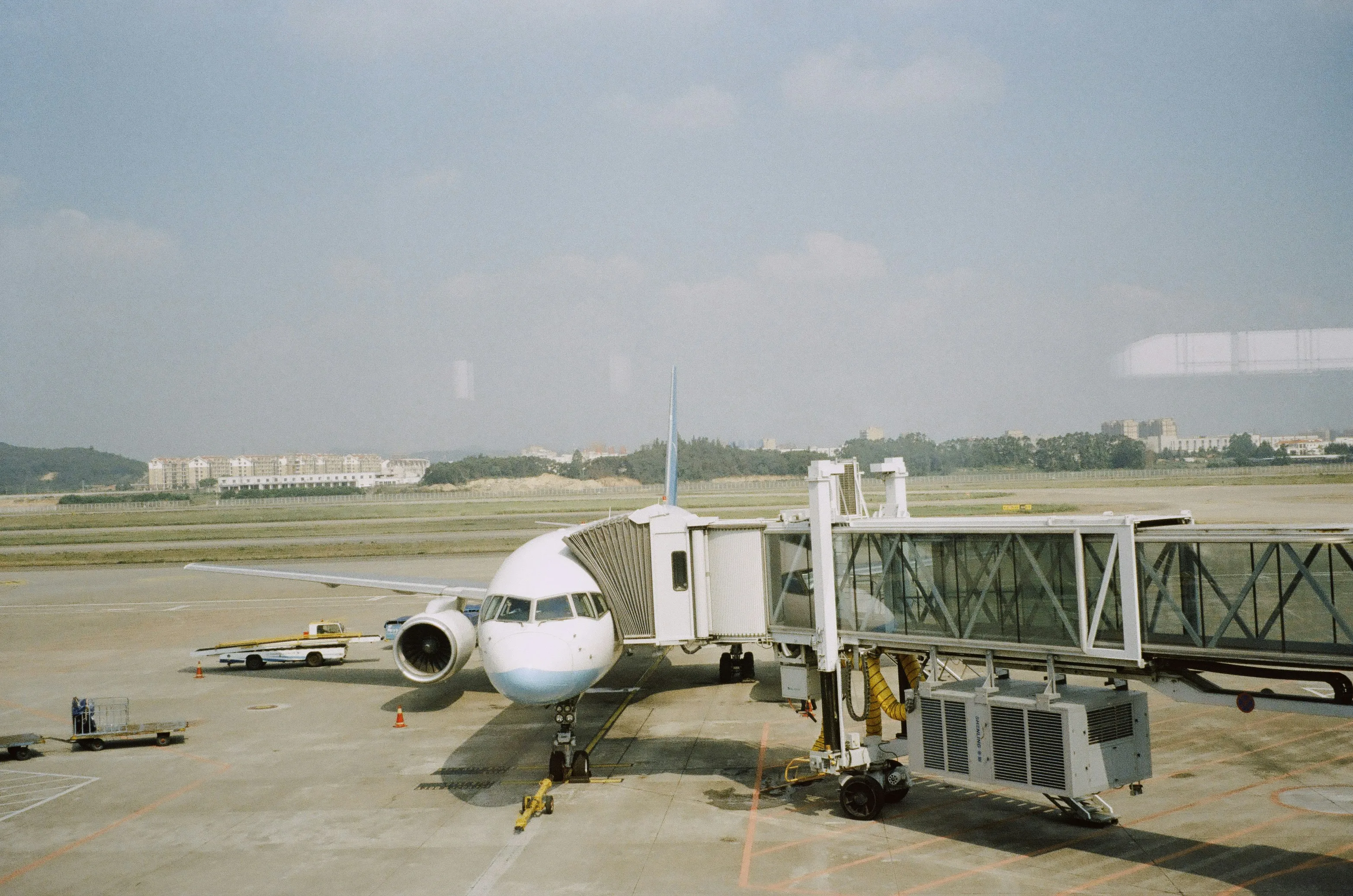Hotels Reconfigure to Meet Growing Needs of the Digital Nomad

Skift Take
Consistency is key if hotels actually want to court the work-from-hotel crowd.
When Melissa Rogalski needed a place to crash temporarily before moving into her new home this winter, she figured a long-term hotel would have just what she needed — a fridge, a small cooking range, a desk, and what she was told was speedy Wi-Fi. But she didn’t anticipate the connection crashing as frequently as an F1 car.
Thankfully the internet at Rogalski’s new house is seamless, and she’s back to a pandemic-prompted work-from-home arrangement just south of Boston. The experience was enough to make her question the infrastructure of any future hotels she books though, she said, because she’s prone to checking work emails even while on vacation.
As the line continues to blur between business and leisure travelers — and the pandemic stretches on — Rogalski is joined by a workforce that’s lusting for a new Zoom backdrop after two years toiling from a spare bedroom or kitchen table.
With a continued dip in mid-week corporate travel, hotels are happy to fit the bill. Whether it’s a quick getaway close to home, or even stretches as long as a year in such tropical paradises as Barbados, appealing to WFH-ers is now part of most hotel playbook ABCs. But can those properties meet increasingly contradictory traveler demands?
At Kimpton Surfcomber Hotel, the answer is yes. The property — just steps from the Atlantic and the Miami Beach Convention Center — completed a massive renovation of common areas and guest rooms during the middle of lockdown. That overhaul notably removed the business center.
“Gone are the days where guests wanted to print a boarding pass. That’s mostly digital now,” said Stephanie Tablada, the property’s director of sales.
The Surfcomber team also notes that working from one’s room — or poolside — is more conducive to social distancing than a business center with shared keyboards, for instance.
The Surfcomber has seen a huge interest in its W-F-H Work From Hotel package that includes office supplies, complimentary printing, and unlimited coffee. They’re lured in by sun, the Art Deco refresh, and some very essential requirements for the digital nomad, said Tablada.
“We boosted and enhanced our Wi-Fi capabilities in our outdoor backyard oasis, allowing guests better connectivity for a productive workday,” she added. “Our poolside cabanas were revamped with brand-new furniture and fixtures to better accommodate our many guests that transform these into their personal offices for the day.”
As the pandemic has stretched on but travel restrictions have relaxed, the WFH crowd has stretched its wings a bit further afield. Initially, some properties like Boston’s boutique Eliot Hotel offered $125 day passes that offered remote workers a suite outfitted with a desk — with the caveat that they leave by 6 p.m. or be charged the full overnight rate.
Now there’s more marked interest in long-term arrangements, and the Surfcomber has had to work around some technical shortcomings in their online booking system for guests who want to stay more than 40 days.
Hilton’s recent global trends report notes that reservation data indicates an approximate 30 percent increase in stays that are seven nights or more compared to 2019. Mike Gathright, Hilton’s senior vice president of customer experience, also noted the brand has significantly expanded its footprint in popular resort destinations like Las Vegas and Mexico, giving the hotel company a strategic foothold among WFHers looking to slather on some SPF.
The island of Barbados has lured Americans for up to a year with its new Welcome Stamp 12-month relocation visa program. It’s been so successful that Tania Wallace, managing director of Blue Sky Luxury rentals, has to frequently rejigger her property matrix. The average traveler’s vacation during the winter season used to be seven to 10 days.
“If you got a booking in excess of two weeks, you’d say, ‘Wow, that’s long,’” she said. “Now we’re seeing one-month, three-month and six-month bookings — but without travel restrictions, interest in short-term rentals has also picked back up.”
The visa program also prompted Blue Sky to add new search features like properties that include working desks; they also fielded frequent inquiries from Canadian travelers whose children were enrolled in school via Zoom.
“That Wi-Fi speed is a huge deal-breaker,” said Wallace. “Luckily, we had great general infrastructure to begin with, especially compared to the rest of the Caribbean.”
Data from market research firm Statista culled in 2020 show that out of the entire Caribbean — Puerto Rico included — Barbados was the country with the highest broadband internet speed, with an average download speed of 56.9 Mbps.
Considering the cost of a mortgage, recreational activities, and sanitation services where one lives (and often works these days), some long-term packages work out to be quite the deal for combining business with pleasure.
Kingsmill Resort, a AAA four-diamond resort in Williamsburg, Virginia, touts its “video meeting-worthy backdrops, perfect for a remote work or learning environment” in promotions for its long-term packages of 30 days or more.
Besides a work desk and high-speed Wi-Fi, guests enjoy all of the creature comforts of home like a living room, full kitchen and washer and dryer, along with unlimited golf and housekeeping — all for $3,000 a month.
As the pandemic stretches on and interest in such long-term bookings stay high, hotels would be wise to invest in the sort of infrastructure that would not only support bleisure travel, but give them a competitive edge when it comes to home-stay platforms.




